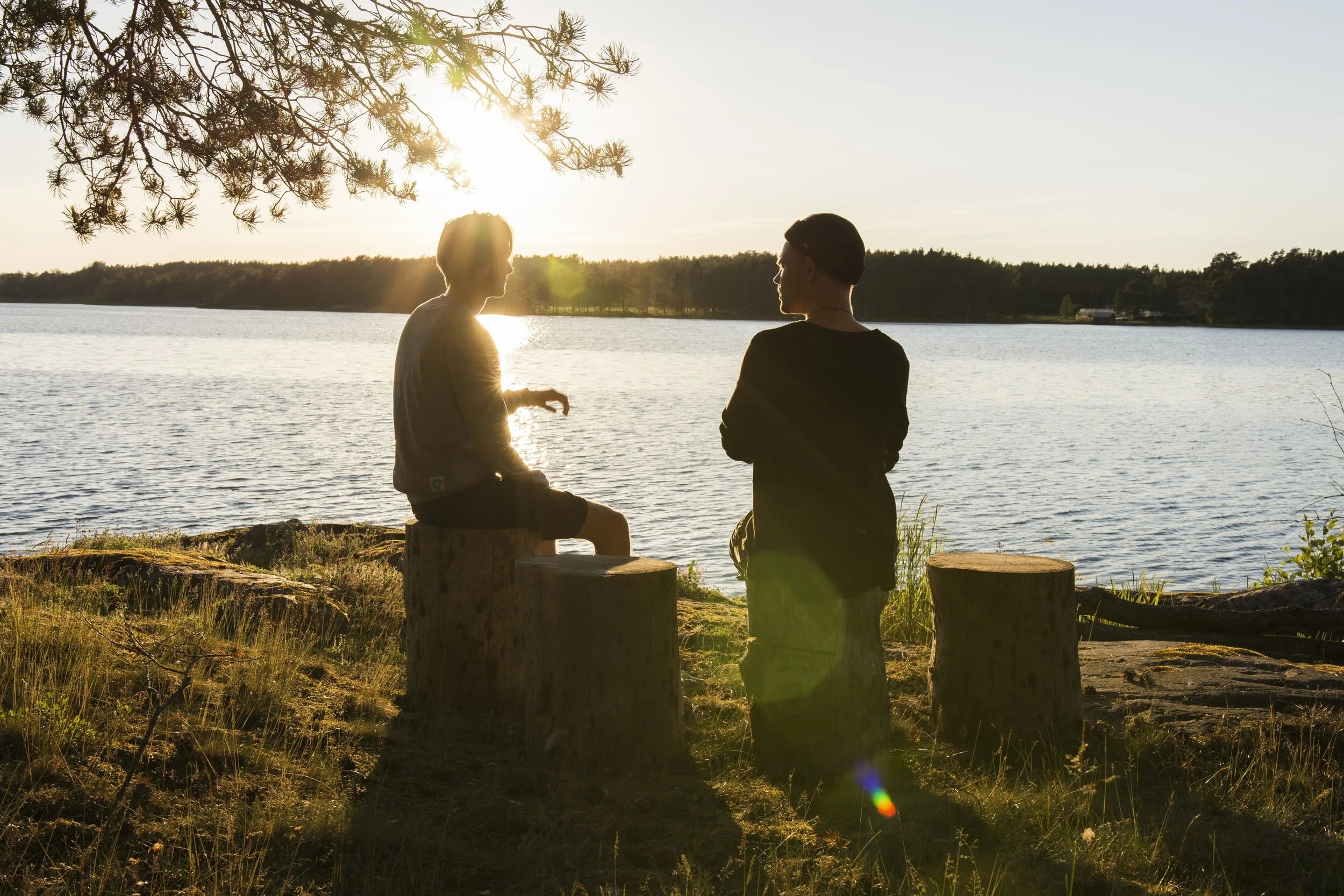I want to tell you a story.
In addition to being a college professor, I'm a consultant. The most common kind of training I do, as a consultant, is communication skills training.
I specialize in training health professionals how to talk to patients and families who have been harmed by healthcare.
These are very difficult conversations. We focus a lot on empathic communication skills, which is a topic I've taught a lot about.
I'm going to teach you the single most important step you can take to begin to improve your communication skill.
Do you want to be a great listener?
I'm going to tell you what great listeners actually do.
These are 3 key characteristics of people who really know how to listen.
Have you ever tried to be emotionally supportive to a friend and instead made things worse?
I know I have.
It's easy to say the wrong thing when we are trying to help people handle painful emotions.
Here I give you a guide to the potential landmines that you need to avoid.
I'm going to tell you what not to say when you're trying to comfort or provide emotional support to a friend or a loved one.
Empathy is one of the most important communication skills.
In many ways, all other communication skills depend on empathy.
But what is it?
What is the difference between empathy and compassion? Is empathy only about feeling other people's emotions?
Empathy and sympathy?
How much of empathy is about feelings and how much about thoughts? What does emotional regulation have to do with empathy?
What is empathic accuracy?
In high stakes situations, it's really hard to say the right thing.
Unfortunately, it's really easy to say the wrong thing.
Many of us avoid these high stakes, difficult conversations because we're so afraid we're going to say the wrong thing, or we're afraid we won't be able to find the words to say the right thing.
I'm going to describe a simple technique for how not to say the wrong thing in a high stakes situation.






Relationships thrive on genuine connection—on feeling heard, understood, and supported at a deeper level. Yet all too often, we hold back, afraid of vulnerability, or simply unsure how to open up. This pattern of emotional distance is sometimes called “emotional unavailability.” While it can protect us from hurt, it also holds us back from the warmth and intimacy we crave.